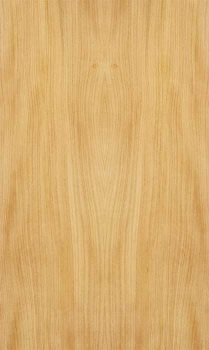Cedar, Lebanon (Cedrus, libani)
Trade Names: Lebanon Cedar, Salomon Cedar
Origin: Minor Asia, especially in Lebanon
Range: Today's occurrences of the Lebanon Cedar in its country of origin are extremely small. In Lebanon itself, there are only 1,700 hectares left of this species. The Lebanon Cedar was once one of the most precious woods used worldwide for the construction of temples, palaces and ships already thousands of centuries ago. In the 20th century, between 1914-1918, the then still large occurrences have been eliminated by using the wood for the production of railway ties. The civil war as well greatly contributed to the disappearance of the Lebanon Cedar species. The logs which are produced to veneers today are mostly from parks in England and France.
Uses: Due to its rarity, the Lebanon Cedar is only used for exclusive interior woodwork in yacht construction or for decorative furniture. Mostly used in France and England as those few logs which are suitable for veneer production are worked up by the local veneer industry right there and also due to the fact that the knowledge of the availability of this wood species in veneer form is very limited abroad. Special use as wood for cigar boxes.
Properties: Very dense wood, of brownish-yellowish color which excludes a very aromatic scent. After processing, beautiful, very prominent and decorative structure and appearance. Mostly manufactured as quarters.
Machining: Easily worked with all tools without any difficulty.
Seasoning: No difficulties when Lebanon Cedar is dried carefully.
